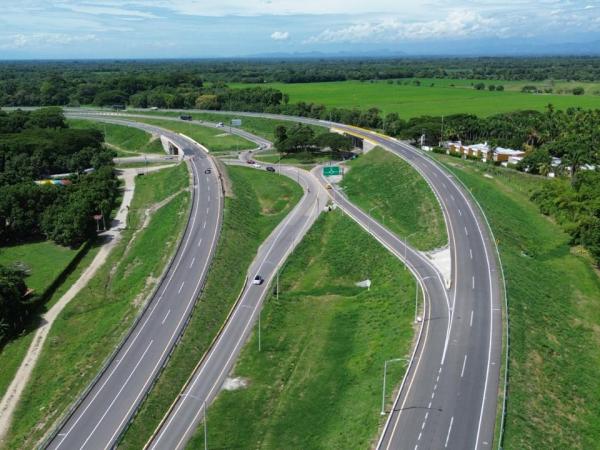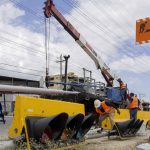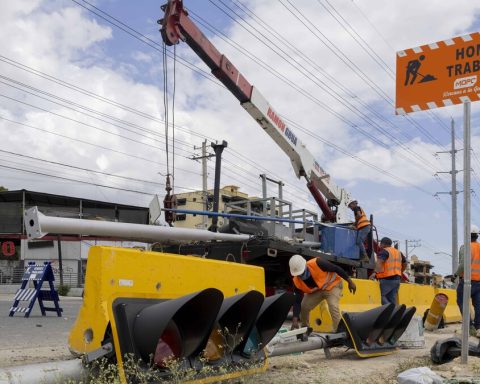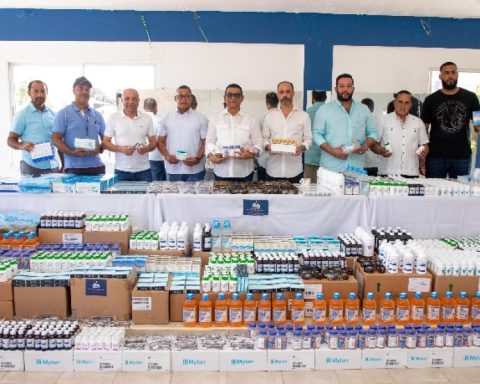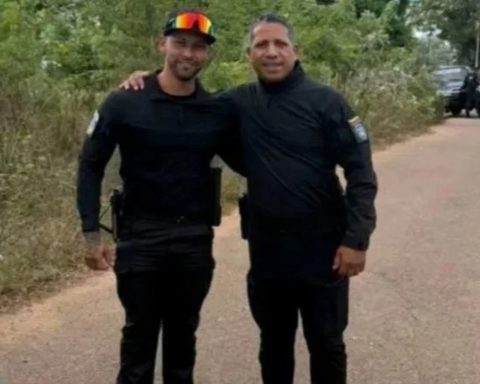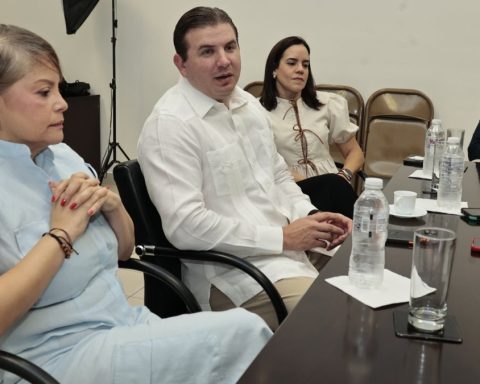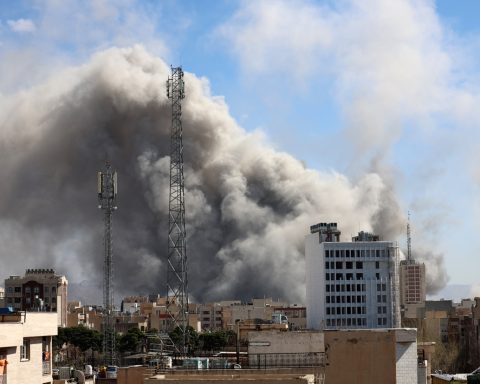After 10 years from the beginning of the construction of some of the fourth generation (4G) road projects, These begin to show difficulties due to environmental, social and economic troubles, which has put its execution and viability at risk. These works add up to $ 19 billion and had to be finished.
You can see: Tunnel works end that will allow the UF2 of the Pacific Vía 1
Caribbean highways
In the case of private initiative (IP) Caribbean highways, a work that promises to improve connectivity between the departments of Bolívar and the Atlantic, it has not been possible to start works since more than one five -year period has been started due to problems in the area, The date has been postponed several times. The last start date was for April 20, 2023 and delivery on October 20, 2029.
This project is a public-private association (app) of private initiative, which means that its financing depends exclusively on toll collection and does not have contributions from future validity of the State.
“When in any private initiative, as is the case of Caribbean highways, there is the impossibility of collection in one or two tolls, that implies that the collection of money is not enough to leverage the financing of the works,” They pointed out sources from the sector. The impossibility of collection is due to the fact that two toll stations, Turbaco and Sabanaganda have not been able to operate, which directly affects the project’s income flow.
“This situation is imputed to the State, on behalf of the ANI, because it has not been able to comply with a contractual obligation that it has, which is to ensure that the project can make the collection in those toll stations,” Point out.
The lack of financial closure prevents investors from providing the necessary resources for the construction of the work. “The financial closure implies that the financiers say: this project generates the flows of sufficient resources so that I can put $ 1.5 billion or $ 2 billion that the work costs and the project pays that with the collection of tolls in 30 years.”
See also: The ‘type’ in transportation updates enter into force
Caribbean highways
Caribbean highways
Currently, the situation is in discussions, and although there have been attempts to consult the affected communities, they have not accepted the conditions.
“The reason why the works are not advanced is because the financial closure has not been achieved, that is, the debt resources. And debt resources have not been achieved because the collection in two toll stations has not been allowed” .
On possible solutions to unlock the project, he indicated that “The ANI must fulfill its contractual obligation, to ensure that, in these two stations, Turbaco and Sabanaganda, the tolls are collected at the rates that are provided for in the contracts. In that way, the source of income would be sufficient to pay the leverage.” .
As for the deadlines to resolve the situation, it was mentioned that the impossibility of obtaining financial closure today is a reason that cannot be charged to the concessionaire. It is a reason for breach of the ANI. So, if the NI breach persists, the contract is unfeasible and when it is unfeasible, it has to end in advance. But that circumstance “That either the parties will decide or a judge will decide.”
Mulaló – Loboguerrero
Another project with difficulties is that of Mulaló – Loboguerrero, which, unlike the previous one, remained in the preconstruction stage. This a public -private concession that combines future validity and tolls.
In this case, the mess lies in environmental matters, therefore, has no environmental authorization. “And if I already had it today, environmental authorization, the prices of the work are much more expensive than they should have been when the contract was awarded.”
Today the discussion is that the work is worth more because they awarded it in 2014 and I have not been able to start the construction. This work initially cost $ 2.56 billion According to the ANI. “We are in 2025, almost 11 years later, today prices are others.” The situation has led to the concessionaire to convene an arbitration court to define whether the ANI must assume the additional value required to execute the work.
Regarding the times for a final decision, it was indicated that “That depends on two variables. Or that the parties reach an agreement or that a court, a judge, decides.” There is no fixed term for renegotiation, while a judicial ruling could take between two and three years.
It may interest you: Mintransporte reiterates invitation to participate in the first railway app

Mulaló – Loboguerrero road
Propacific
Perimeter of the East
The perimeter project of the East of Cundinamarca, structured by the State in 2016 and with delivery date in 2018, also presents problems.
In this work of $ 2.66 billion, “It had a structuring deficiency because no water sources were identified in two functional units”. The affected units, 4 and 5 have not been able to build due to the lack of environmental licensing. “The concessionaire complied with the functional units that did not have that problem, 1, 2 and 3, and already delivered them.”
The case has been taken to an arbitration court that resolved the early termination of the contract. “There was an arbitration award that decided the early termination of that contract for environmental issues as well. And liquidation will be out, then the contract must be liquidating according to the contractual clauses.”
Finally, the road mesh advances slowly and records 20% execution. “That is a private initiative project, but it has had difficulties in financial structuring and obtaining permits.” As for resolution times, it was reiterated that “It depends on whether there is agreement between the parties or whether a judge makes a decision in a process that can last several years.”
Bucaramanga – Pamplona
Other projects of the fourth generation of road concessions have presented similar difficulties. On the other hand, the route that connects Santana-Mocoa-Neiva has suffered delays due to environmental and prior consultation problems with indigenous communities.
Bucaramanga-Pamplona’s double road faces obstacles in the purchase of properties and the execution of environmental licenses.
Paula Galeano Balaguera
Portfolio journalist
